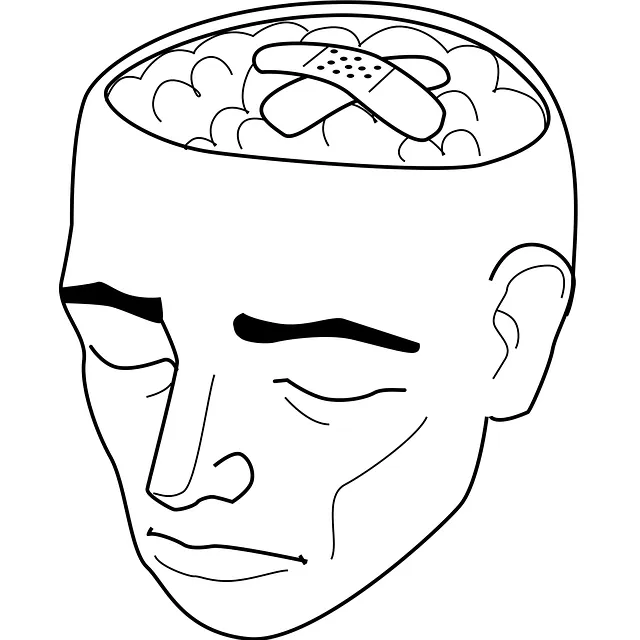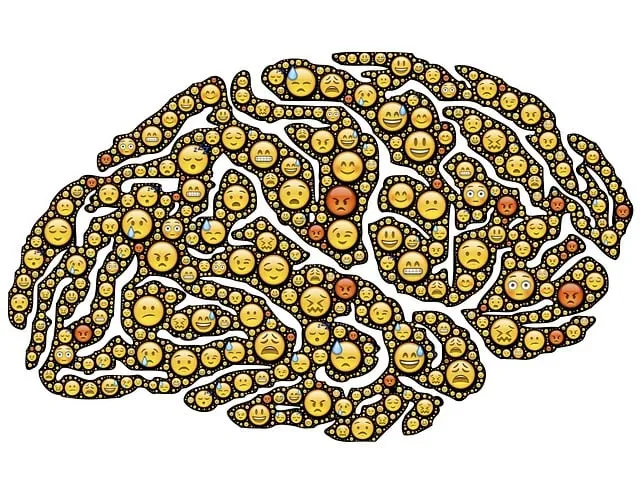Kaiser Permanente behavioral health services Boulder offers comprehensive Social Skills Training, a vital component in improving mental health outcomes. These programs teach essential communication, empathy, conflict resolution, and assertiveness skills, empowering individuals to navigate interpersonal relationships successfully. Integrated stress management workshops and compassion cultivation practices boost emotional resilience and alleviate stress. Through group support and individualized attention, Kaiser Permanente Boulder helps clients confidently manage social settings, leading to improved mental well-being and quality of life.
Social skills training is a powerful tool for individuals with mental health conditions, offering a unique approach to enhancing their ability to interact and connect with others. This comprehensive guide explores how programs like those provided by Kaiser Permanente Behavioral Health Services Boulder are tailoring interventions to specific needs. From understanding the fundamentals of social skills training to delving into techniques and real-world applications, we uncover the benefits for improved mental well-being and social integration.
- Understanding Social Skills Training for Mental Health
- The Role of Kaiser Permanente Behavioral Health Services Boulder
- Identifying Specific Needs in Mental Health Conditions
- Techniques and Activities Used in Training
- Benefits and Real-World Applications of Social Skills Training
Understanding Social Skills Training for Mental Health

Social Skills Training for Mental Health conditions plays a crucial role in enhancing individuals’ ability to navigate interpersonal relationships and manage their overall well-being. Offered by organizations like Kaiser Permanente behavioral health services Boulder, these programs are designed to equip individuals with essential skills required to connect, communicate, and collaborate effectively with others. The training goes beyond mere conversation; it focuses on developing empathy, active listening, conflict resolution, and assertiveness – all vital components for building strong social connections.
Mental Health Education Programs designed by Kaiser Permanente behavioral health services Boulder often incorporate Stress Management Workshops and various Stress Reduction Methods. These initiatives aim to teach individuals how to recognize and manage stress triggers in social settings, fostering a sense of calm and confidence. By integrating such programs into their care plans, organizations like Kaiser Permanente empower individuals with mental health conditions to lead more fulfilling lives, enhancing their social interactions and overall resilience.
The Role of Kaiser Permanente Behavioral Health Services Boulder

Kaiser Permanente Behavioral Health Services Boulder plays a pivotal role in providing comprehensive mental health support within the community. Their dedicated team offers specialized services, including Social Skills Training, tailored to address various conditions such as depression and anxiety disorders. This training is designed to empower individuals with essential communication and interaction strategies, fostering better social connections and overall well-being.
The organization’s approach emphasizes Compassion Cultivation Practices, which go beyond traditional therapy. By integrating these practices into their programs, they aim to enhance clients’ emotional resilience and reduce stress. Through group sessions and individualized support, Kaiser Permanente Boulder helps individuals develop the skills needed to navigate social situations with confidence, ultimately contributing to improved mental health outcomes and a higher quality of life.
Identifying Specific Needs in Mental Health Conditions

When it comes to social skills training for individuals with mental health conditions, identifying specific needs is paramount. The unique challenges presented by various mental health disorders require tailored interventions. For instance, those struggling with anxiety might benefit from exposure therapy and cognitive-behavioral techniques to manage their symptoms in social settings. In contrast, individuals with depression may need support in developing assertiveness skills and recognizing and responding to social cues effectively.
Kaiser Permanente behavioral health services Boulder recognizes these diverse needs and offers specialized programs. Their Community Outreach Program Implementation focuses on connecting individuals with community resources and building resilience. Additionally, they emphasize the importance of Risk Management Planning for Mental Health Professionals, ensuring that both clients and practitioners are equipped to handle potential challenges in social interactions, fostering a safer and more supportive environment for healing.
Techniques and Activities Used in Training

Social skills training plays a pivotal role in Kaiser Permanente behavioral health services Boulder, offering effective techniques and activities to enhance mental well-being. These programs are designed to empower individuals with the ability to navigate social interactions more confidently, thereby improving their overall mental health. One of the primary methods involves role-playing scenarios, where participants practice assertive communication, learn to recognize and manage emotional triggers, and develop coping skills for stressful situations.
Additionally, group discussions and interactive workshops foster an environment conducive to sharing experiences, building empathy, and learning from peers. The focus is often on teaching stress management strategies, encouraging the development of healthy self-care routines, and promoting positive social connections. Through these engaging activities, individuals gain practical tools to cope with challenges, ultimately leading to improved mental health outcomes and enhanced quality of life.
Benefits and Real-World Applications of Social Skills Training

Social Skills Training (SST) offers profound benefits for individuals managing mental health conditions, making it an invaluable resource within behavioral health services, including those provided by Kaiser Permanente behavioral health services Boulder. SST equips individuals with essential communication and interaction techniques, fostering improved social connections and enhancing overall well-being. By learning effective strategies, participants can navigate social situations more confidently, leading to better peer relationships, increased support networks, and a reduced risk of isolation or social withdrawal, which are common challenges associated with many mental health disorders.
In the real-world context, SST has proven effective in various settings, particularly relevant for healthcare professionals like mental health counselors and nurses. These practitioners often face high-stress environments, leading to potential burnout. Burnout Prevention Strategies for Healthcare Providers can integrate SST principles to improve resilience and coping mechanisms. Additionally, Risk Management Planning for Mental Health Professionals may benefit from SST techniques to enhance patient interactions, thereby reducing potential risks associated with miscommunication or misunderstandings. Compassion Cultivation Practices, a key aspect of SST, promotes empathy and understanding, creating more nurturing environments for both healthcare providers and their clients.
Social skills training, as offered by organizations like Kaiser Permanente Behavioral Health Services Boulder, plays a pivotal role in enhancing the lives of individuals with mental health conditions. By tailoring interventions to specific needs, this approach empowers folks to navigate social situations more effectively. Through various techniques and activities, participants gain confidence and improve their communication skills, fostering better connections and a higher quality of life. As evidenced by real-world applications, these programs are game-changers in the realm of mental health support.






